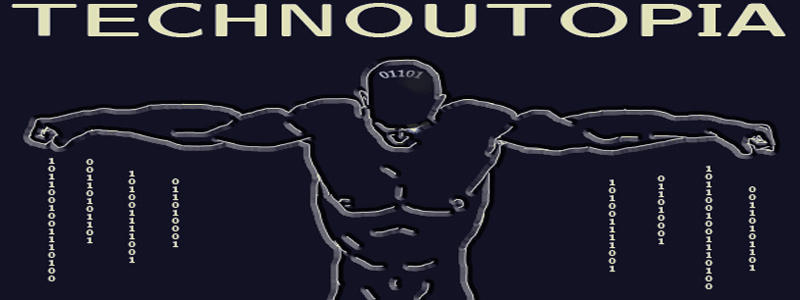Ars Technica:
"To recap briefly, the EFF has caught the RIAA and their allies (the MPAA and the US Attorney General's Office) trying sneak through the courts a complete overhaul of existing copyright legislation. The change in the definition of a copyright owner's exclusive right of distribution that the RIAA seeks to have the court acknowledge is at once troubling and fascinating—troubling because, hey, it's the RIAA that's pushing this, and we all know they're Pure Evil(TM), and fascinating because in its own odd way the attempted alteration would 'update' copyright law to take account of the reality of digital distribution in a manner that it currently does not."
Here's a nice article summarizing some current issues in the copyright wars. Some have questioned why I blog about intellectual property issues so much, so I think some explanation is in order. First, I feel like this is issue will be decided in the next couple of years but the nature of how it gets done will affect our culture for decades. The reason getting copyright done correctly is so important is that, fundamentally, the digital age is about the free flow of information. Intellectual property is nothing more and nothing less than information. We, as a society, are collectively learning this as we rip cd's and dvd's into files on our computers. Any patent, book, movie, song, or communicable idea really can be digitized -- turned into pure information.
Now here's the rub: what ownership rights will we assign to information? This is vexing because ... a) enforcing ownership in today's technological landscape is impossible without draconian governmental oversight of each and every bit flowing into and out of our computers; and b) freedome of speech is fundamentally freedom to send and recieve information === any abridgement of our ability to transmit information automatically restricts our speech.
So why would anyone want to restrict information flow? Copyright holders feel like they won't be able to make any money if their "intellectual property" is copied, stored, and transmitted freely.
I predict this issue will hit the mainstream in the next couple of years, so I feel like I'm doing my readers a service by getting you guys up to speed early in the debate.

